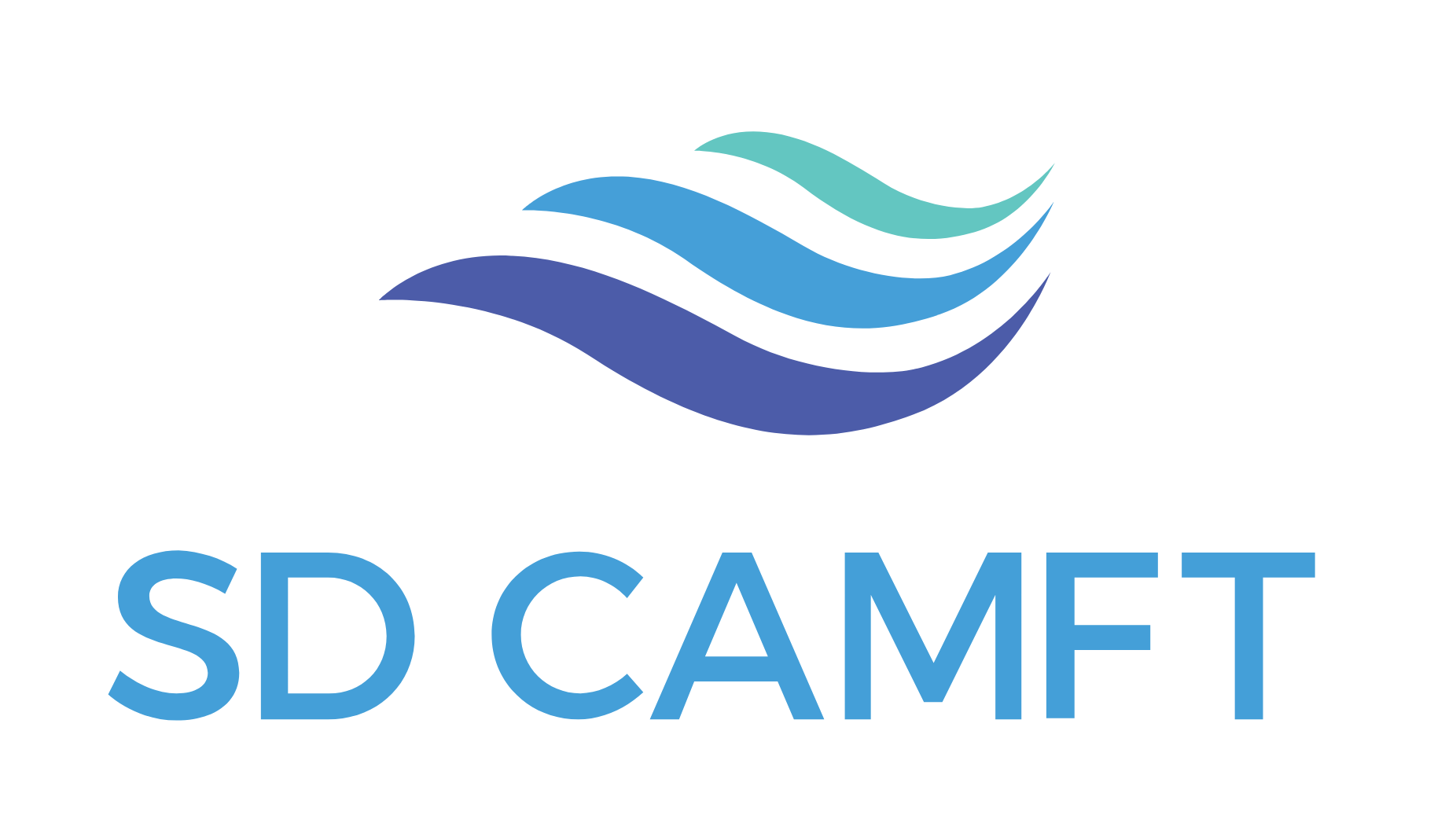An official Chapter of the California Association of Marriage & Family Therapists. |
|
Events Calendar |
Privacy Policy | Terms of Usage | Contact
Copyright © 2019, CAMFT San Diego Chapter. All rights reserved.
Supporting our community of mental health and allied professionals throughout San Diego County.
P.O. Box 880843 | San Diego, CA 92168-0843
For information regarding refunds, grievances, and special accommodations, please click the link below:
